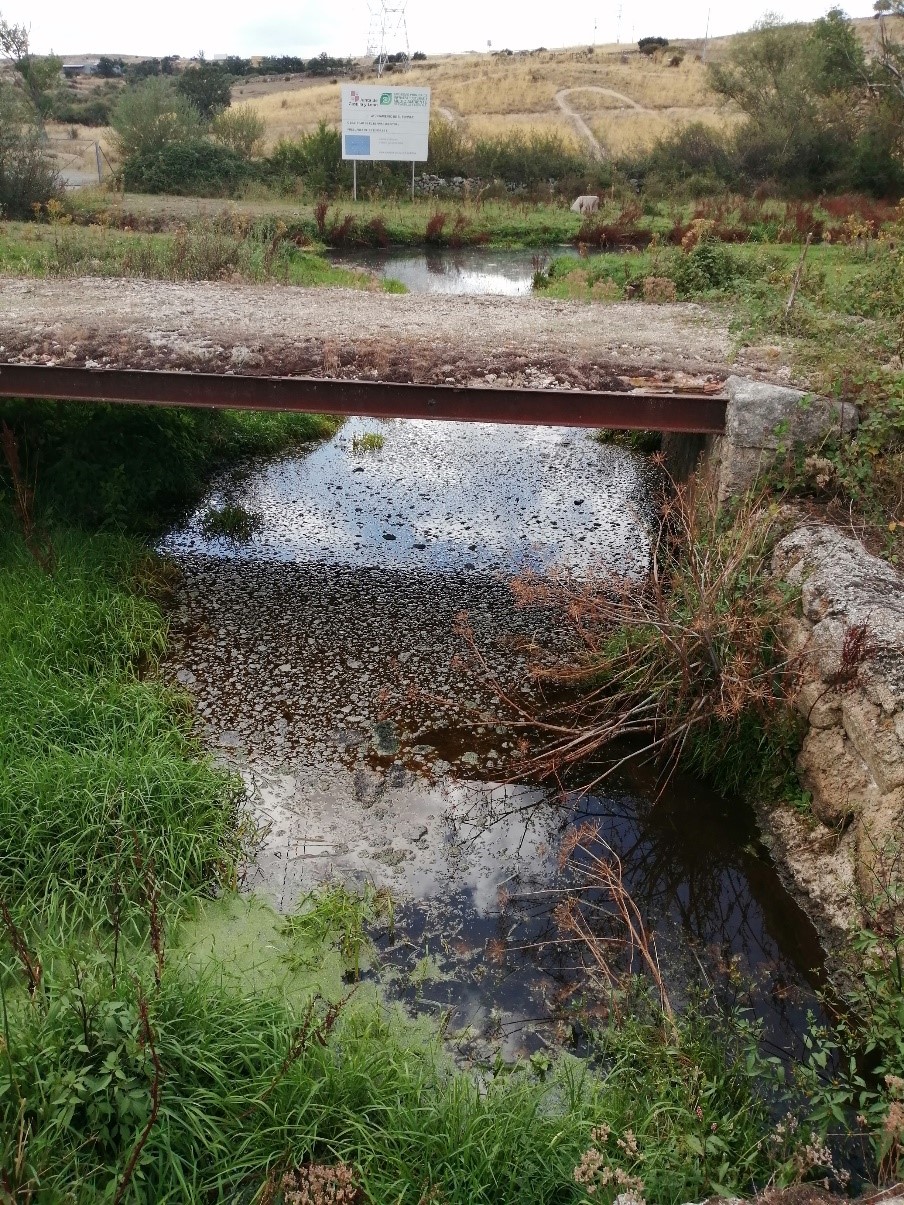A new study led by the Doñana Biological Station – CSIC has assessed the combined effect of the main impacts that are degrading freshwater in the Iberian Peninsula. It suggests a joint management of human impacts to improve he good ecological status of rivers and lakes. Nutrients from agriculture or urban intensification, toxic substances such as pesticides, salinity, ultraviolet radiation, flow alteration or increasing temperatures are among the most important impacts.
The authors have systematically reviewed more than 60 scientific studies that explore the joint effects of two or more human impacts in freshwater organisms and ecosystems in the Iberian Peninsula. Results show that the ecological degradation of freshwater ecosystems are caused by two or more impacts. "In these cases, a management that focuses on one single impact could be inefficient, since the complex context of factors that simultaneously influence the eecosystems would be ignored", explains Tano Gutiérrez Cánovas, researcher at the Doñana Biological Station – CSIC and lead author.
This problem is frequently evident in river restorations where revegetation and elimination of canals and walls fail to restore the good health of a river due to the persistence of other impacts, such as nutrients or toxic substances.
In addition, the authors indicate the priorities that should guide future research aimed at providing effective solutions to freshwater degradation. Among them, they suggest more in-depth research into some aquatic ecosystems – such as lakes, lagoons and wetlands – and organisms that have not been studied in detail, such as algae and aquatic vegetation.
They also propose to carry out observational studies that collect data from natural ecosystems and not only from experiments that recreate natural communities. Finally, they recommend to promote more detailed investigation of the consequences of biodiversity loss for the ecosystem functioning and the services provided by aquatic systems, specially, in situations where several impacts act simultaneously.
This research is essential to preserve the health of our aquatic systems in a scenario characterized by climate change, a clear intensification of agriculture and livestock breeding, and a growing demand for water. "Results show the need for efficient management, which takes into account the interactions between several impacts, so as to avoid the degradation of Iberian rivers and lakes, since their consequences could even undermine human well-being", concludes Tano Gutiérrez Cánovas.
Reference:
Gutiérrez-Cánovas, C., Arias-Real, R., Daniel Bruno, Cabrerizo M.J., González-Olalla, J.M., Picazo, F., Romero, F., Sánchez-Fernández, D. and S. Pallarés. 2022. Multiple-stressors effects on Iberian freshwaters: A review of current knowledge and future research priorities. Limnetica (2022). DOI: www.doi.org/10.23818/limn.41.15
www.doi.org/10.23818/limn.41.15

 Las altas temperaturas están provocando que las lagunas y las marismas de Doñana pierdan agua rápidamente
Las altas temperaturas están provocando que las lagunas y las marismas de Doñana pierdan agua rápidamente




